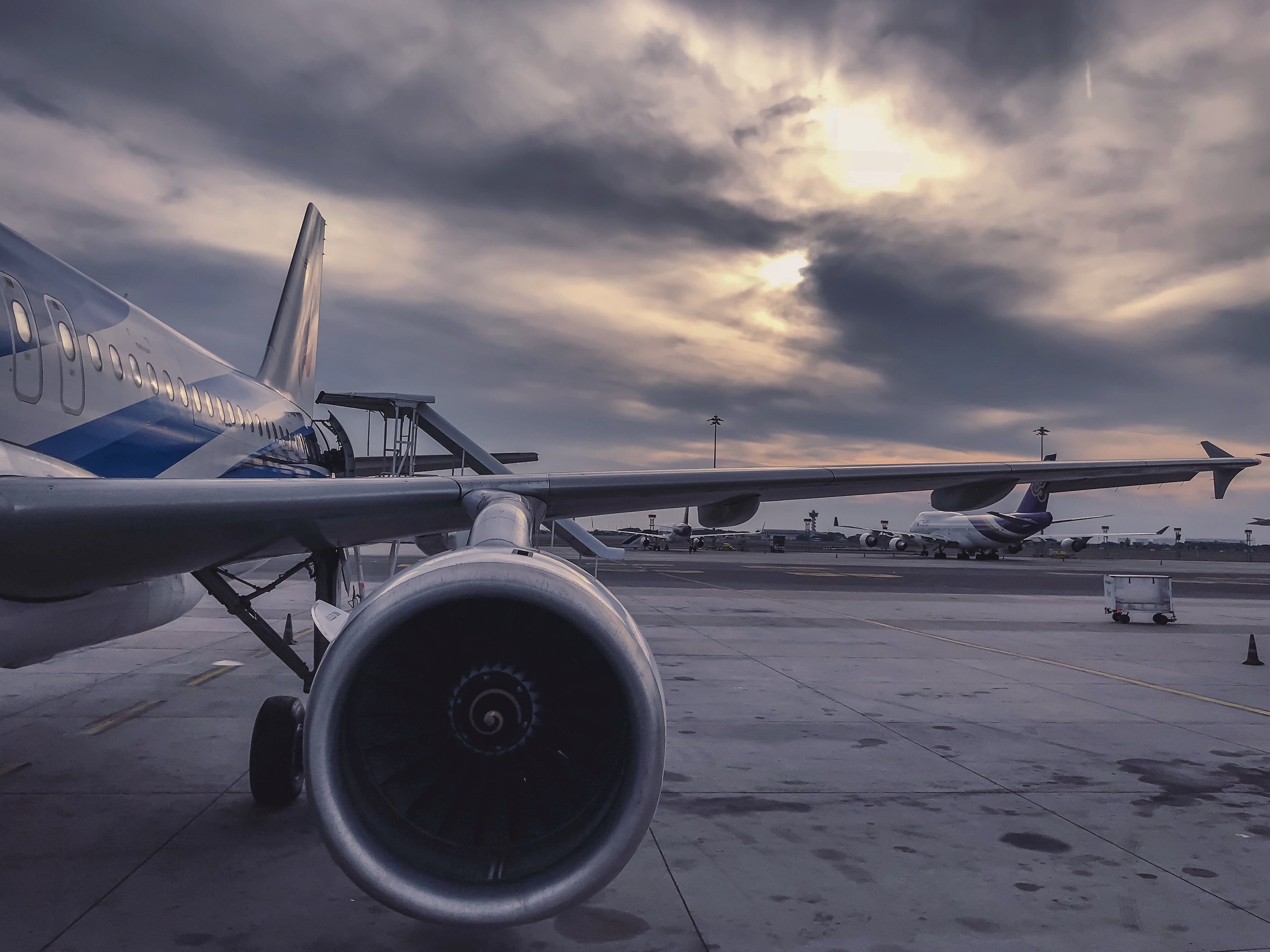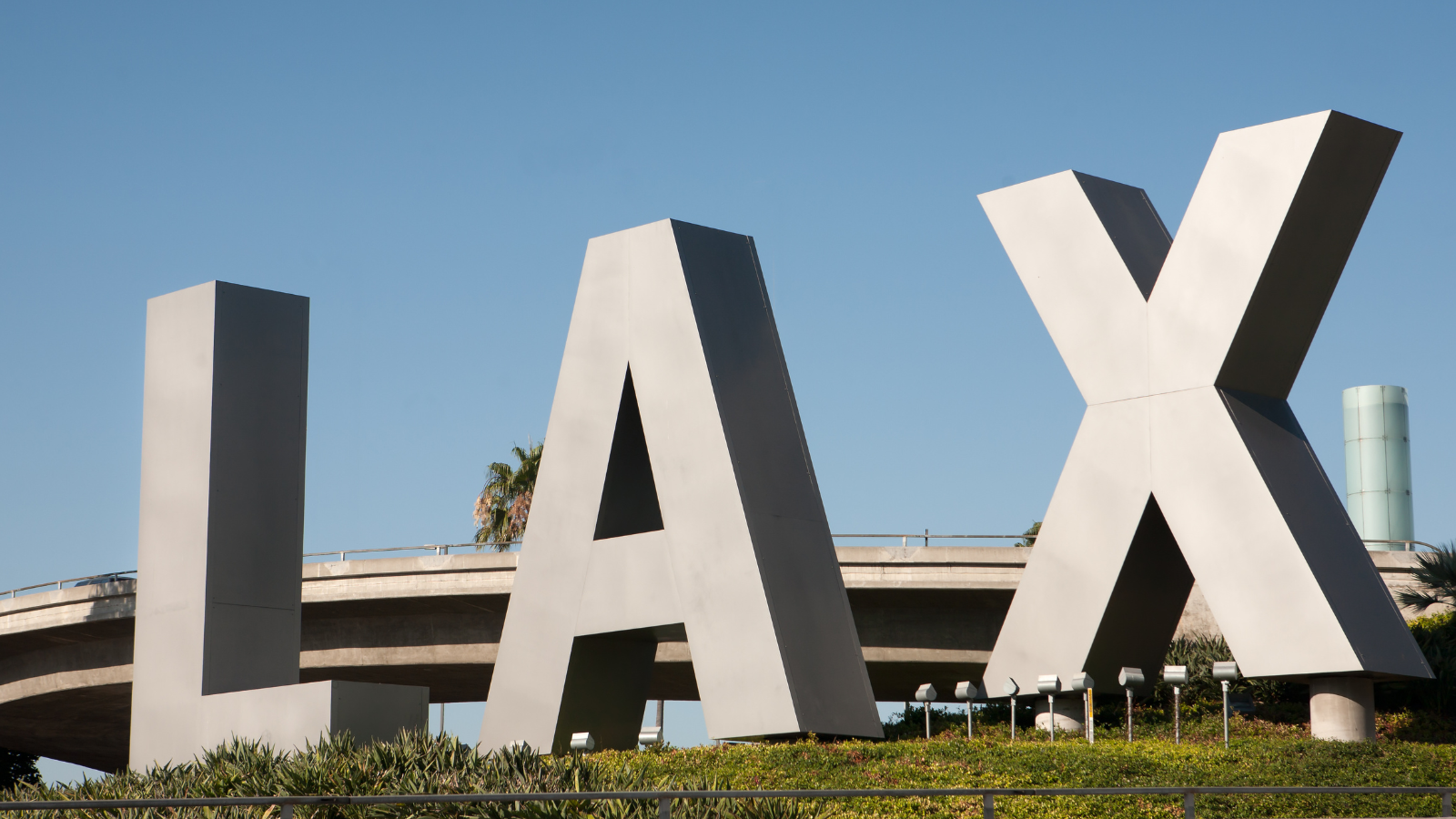Air freight rates beginning to drop from staggering highs
✈️ Annnnnd… down we go.
According to data from Clive Data Services, constant issues plaguing world trade have caused air freight rates to droop from their recent historic highs. Niall van de Wouw, founder of Clive and now Chief Airfreight Officer at Xeneta, referenced the recent drop as a result of supply chain disruptions that are out of industry leaders’ control. Freight demand volume in the international air cargo industry fell 9% over July - still resting quite high. Persisting war in Ukraine, inflationary issues, and staff shortages may continue to keep rates elevated.
Supply chain issues in the global aviation sector are starting to improve, but it may still take a couple of years to fully resolve them, according to industry experts at the Singapore Airshow.
The rise of fast-fashion e-commerce giants like Shein and Temu is shaking up the global air cargo sector, according to industry insiders.
Efficiency in e-commerce shipping is crucial, and Delta Cargo and SmartKargo have joined forces to tackle common pain points for small parcel shippers.
Maersk is expanding its services to cover the entire supply chain, including air cargo operations.
Last year, airline pilots scored hefty pay raises through new labor contracts, sparking a wave of demand for better wages among flight attendants.
United Airlines made headlines three years ago when it axed flight change fees, a move that has cost the company an estimated $2 billion.
Over 100,000 passengers are in for a bumpy ride due to a strike by Deutsche Lufthansa AG ground personnel.
JetBlue Airways faced a loss in the fourth quarter and anticipates reduced capacity in the coming year as it strives to regain profitability.
Alaska Airlines recently revealed that due to their grounding of their 737 Max 9 planes after a door plug blew off, this led to roughly $150 million in estimated costs.
United Airlines is reconsidering its fleet plans involving the Boeing 737 Max 10 due to a series of delays and recent grounding issues.
Shares of Spirit Airlines surged approximately 10% following the announcement that both Spirit and JetBlue plan to appeal a federal judge's ruling against their merger on antitrust grounds.
A federal judge has put the brakes on JetBlue Airways' acquisition of Spirit Airlines, a deal valued at $3.8 billion, stating that it would negatively impact price-sensitive consumers by removing the discount carrier from the market.
The National Transportation Safety Board has located the plug covering an unused exit door that blew out minutes into an Alaska Airlines flight.
FedEx is anticipating a significant loss of business with the U.S. Postal Service when its current contract expires.
An Alaska Airlines flight operated by Horizon Air had to divert to Portland International Airport in Oregon after an off-duty Alaska pilot attempted to interfere with the engines.
Transportation Secretary Pete Buttigieg has issued a warning about potential airline disruptions if Congress fails to pass funding bills or reach a short-term resolution before the looming government shutdown deadline.
As air cargo demand stabilizes and capacity increases, shippers are now in a better position to negotiate air freight rates, with a focus on securing low-rate levels for longer periods.
The U.S. Postal Service has drastically decreased its air cargo shipments by 90% over a two-year period, leading to an estimated $1 billion in annual transportation cost savings, according to U.S. Postmaster General Louis DeJoy.
As winter approaches, shippers are expected to have the advantage in air freight rate negotiations due to declining demand and spot rates in the air cargo industry.
Companies across various industries are cutting back on customer perks as they prioritize higher profit margins.
Los Angeles International Airport (LAX) has chosen a consortium led by Realterm, the largest manager of on-airport air cargo real estate in North America, to undertake a revolutionary cargo improvement project.
Airlines' cargo revenue is experiencing a significant slump, with Delta, United, and American reporting year-over-year declines of about 40% in their second-quarter cargo revenue.
Airline delays and cancellations continue to plague travelers in the United States, raising concerns as the long July 4 holiday weekend approaches.
During the Paris Air Show, Boeing and Airbus have been focusing on customer orders for new passenger aircraft, with limited activity in the freighter sector.
Quality standards organization Cargo iQ has partnered with the International Federation of Freight Forwarders Associations (FIATA) and the Airport Services Association (ASA) to collaborate on enhancing standard practices in the air cargo supply chain.
Last year, U.S. airlines earned over $6.7 billion in baggage fee revenue, with American Airlines alone earning nearly $1.4 billion from checked bags, accounting for more than 2% of the carrier's full-year revenue.
United Airlines' plans to update its narrow-body plane cabins have been disrupted by supply chain issues.
Steamship lines are diversifying their services and seeking a larger share of the global logistics market by entering the rapidly growing air cargo market, according to the International Air Transport Association.
Carriers have announced plans to modernize their operations by eliminating paper trails.































Peter Penseel, a veteran in air logistics, has stepped down as deputy CEO of CMA CGM Air Cargo, leaving the airline without an experienced air freight specialist.